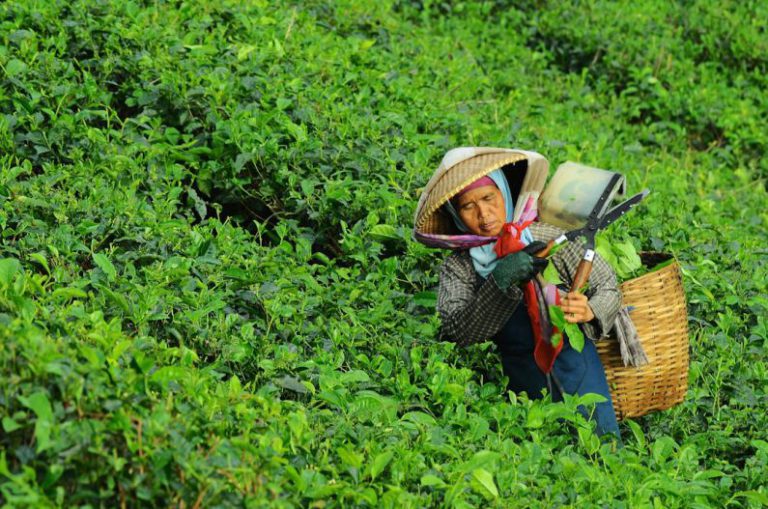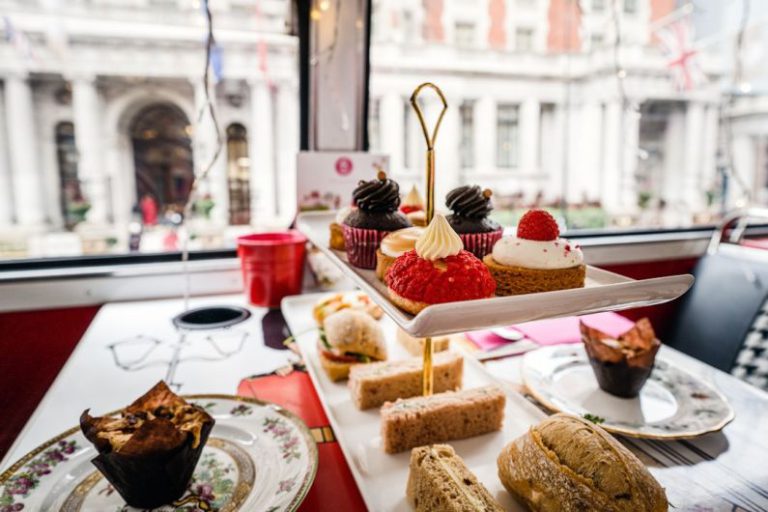Taiwan Tea Culture: a Blend of Traditions and Innovations
Nestled amidst the rolling hills and lush landscapes of Taiwan lies a rich and vibrant tea culture that has been cultivated and refined over centuries. Taiwan’s tea culture is a harmonious blend of traditional practices and innovative techniques, creating a unique and diverse tea-drinking experience that is cherished both locally and globally.
The Roots of Taiwan Tea Culture
Taiwan’s tea culture traces its roots back to the 17th century when tea seeds were first brought over from mainland China. The island’s ideal climate and fertile soil provided the perfect conditions for tea cultivation, leading to the establishment of tea plantations across Taiwan. The art of tea cultivation was passed down through generations, with families honing their skills and techniques to produce some of the finest teas in the world.
Tea as an Art Form
In Taiwan, tea is not just a beverage but an art form that is steeped in tradition and symbolism. Tea ceremonies are a common practice, where tea is prepared and served with meticulous care and attention to detail. Each step of the tea-making process is considered essential, from the selection of tea leaves to the brewing and serving of the tea. The beauty of Taiwan’s tea culture lies in its emphasis on mindfulness and presence, with tea ceremonies serving as a way to connect with others and appreciate the simple pleasures of life.
Innovations in Tea Production
While Taiwan’s tea culture has deep roots in tradition, it is also a hub of innovation and experimentation. Tea producers in Taiwan are constantly pushing the boundaries of tea production, exploring new techniques and flavors to cater to modern tastes. One such innovation is the development of oolong tea, a semi-oxidized tea that is renowned for its complex flavors and aromas. Taiwan’s oolong teas are highly sought after worldwide, with each variety offering a unique taste profile that reflects the skill and expertise of the tea producer.
Tea Tourism in Taiwan
Taiwan’s tea culture is not just limited to tea production but extends to tea tourism, where visitors can immerse themselves in the world of tea through guided tours and tastings. Tea plantations in Taiwan offer breathtaking views of terraced hillsides covered in tea bushes, providing a serene backdrop for visitors to learn about the art of tea cultivation. Many tea estates also offer tea-making workshops, where participants can try their hand at picking tea leaves and processing them into tea, providing a hands-on experience that deepens their appreciation for Taiwan’s tea culture.
The Global Impact of Taiwan Tea
Taiwan’s tea culture has made a significant impact on the global tea market, with its teas being highly prized for their quality and complexity. Taiwan is renowned for its high-mountain teas, which are grown at elevations above 1,000 meters and are prized for their unique flavors and aromas. These teas command premium prices in the international market, attracting tea enthusiasts from around the world who seek out the finest teas that Taiwan has to offer.
Celebrating Taiwan Tea Culture
As Taiwan’s tea culture continues to evolve and adapt to changing times, it remains a testament to the enduring legacy of tradition and innovation. The art of tea-making in Taiwan is a reflection of the island’s rich cultural heritage and deep connection to the land, showcasing the beauty and complexity of Taiwan’s tea culture to a global audience. Whether sipped in a traditional tea ceremony or enjoyed in a modern teahouse, Taiwan’s teas are a celebration of the past, present, and future, blending together the best of both worlds in a harmonious union of flavors and aromas.






